Excellence
in Eye Care
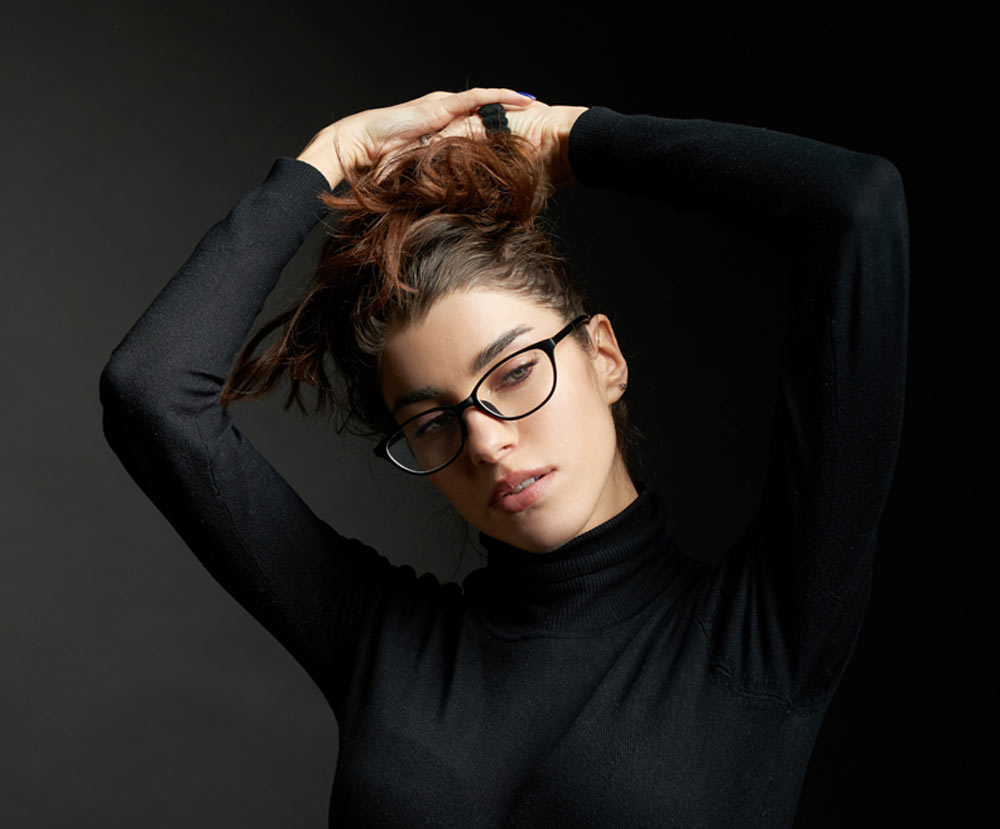
Excellence
in Eye Care
Welcome to Southern Eye Centers
At Southern Eye Centers, we provide exceptional eye care and advanced dry eye treatment in Baton Rouge and Plaquemine, Louisiana. With a combined experience of over 300 years, our family’s knowledge and expertise have been passed down through the generations, making us unparalleled in the field. As the area’s leading specialists in dry eye care, we use the latest technology and a personalized treatment approach to help you find relief and improve your overall eye health. We welcome you to our family and thank you for trusting us with your eye health and vision care.
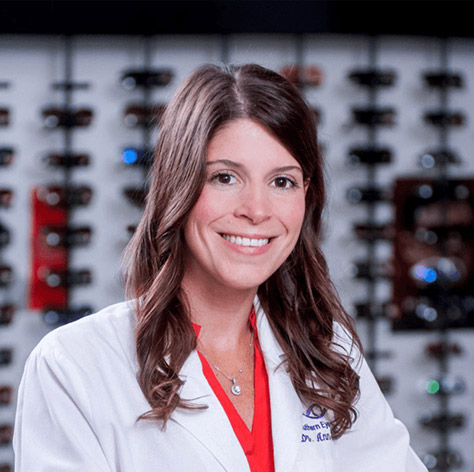
Dr. Ann H. Shaw
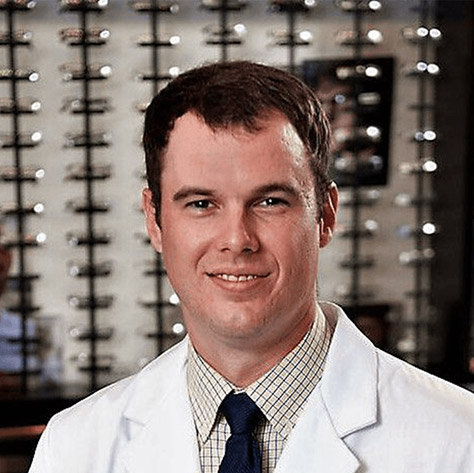
Dr. Adam G. Pickle
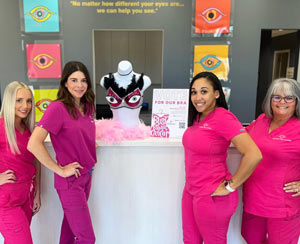
About Us
An unwavering passion for eye care for almost a century.
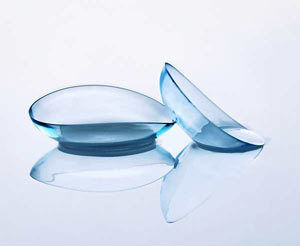
Order Contacts
Get contacts from your doctor, delivered to your door.
The best quality eye health and vision care for the entire family
At Southern Eye Centers, we believe that everyone deserves to have healthy eyes and clear vision. That’s why we offer a wide range of services, including routine eye exams, contact lens fittings, and treatment for a variety of eye conditions. Whether you need a new prescription for glasses or are experiencing symptoms of an eye condition, our team is here to help.

Comprehensive Eye Exam
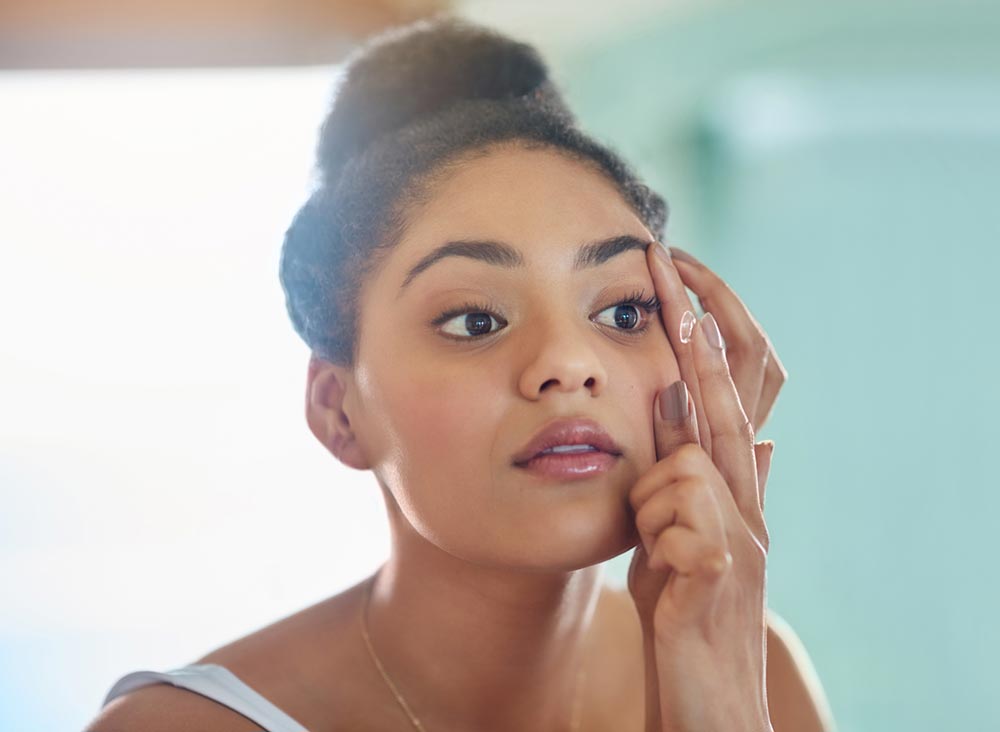
Contact Lens Exam

Pediatric Eye Exams
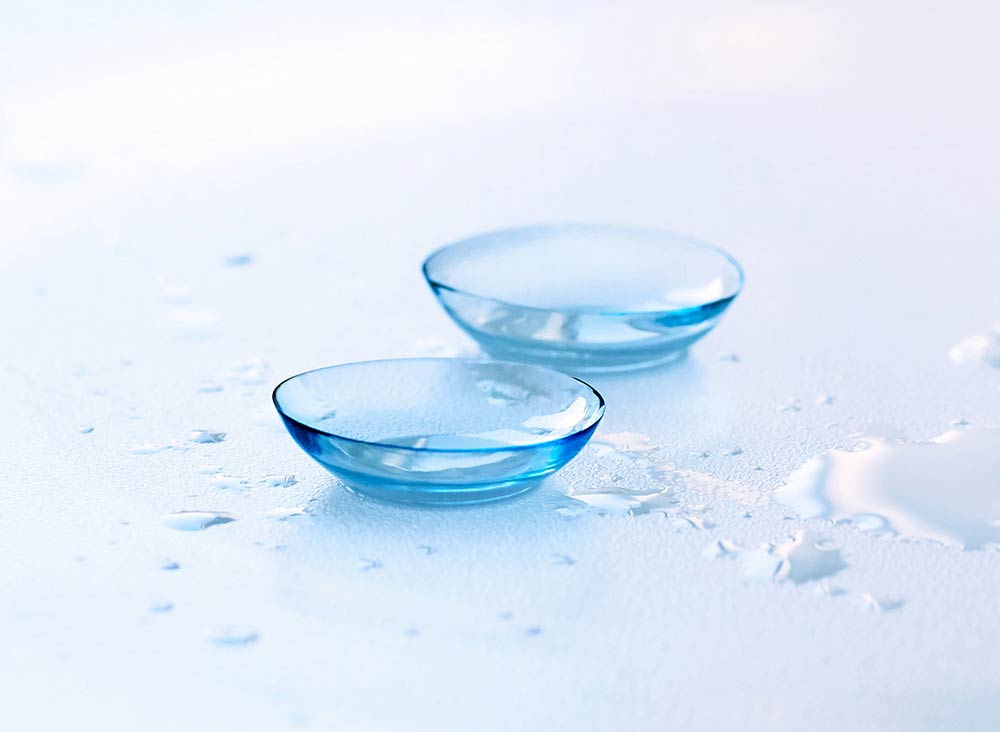
Order Contacts Online
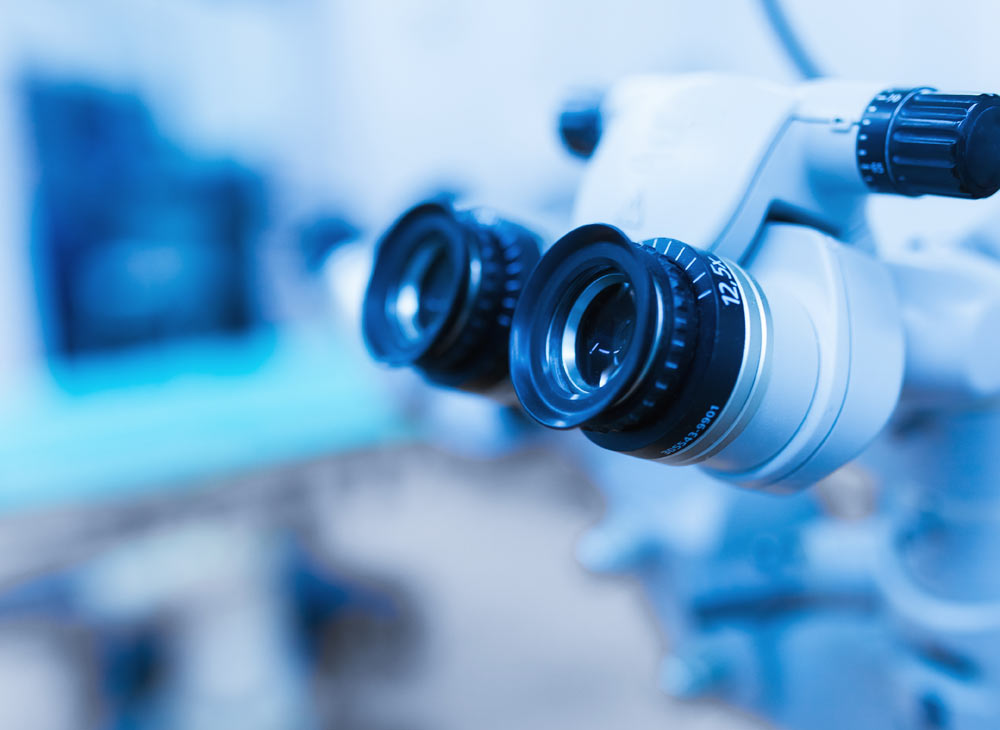
LASIK
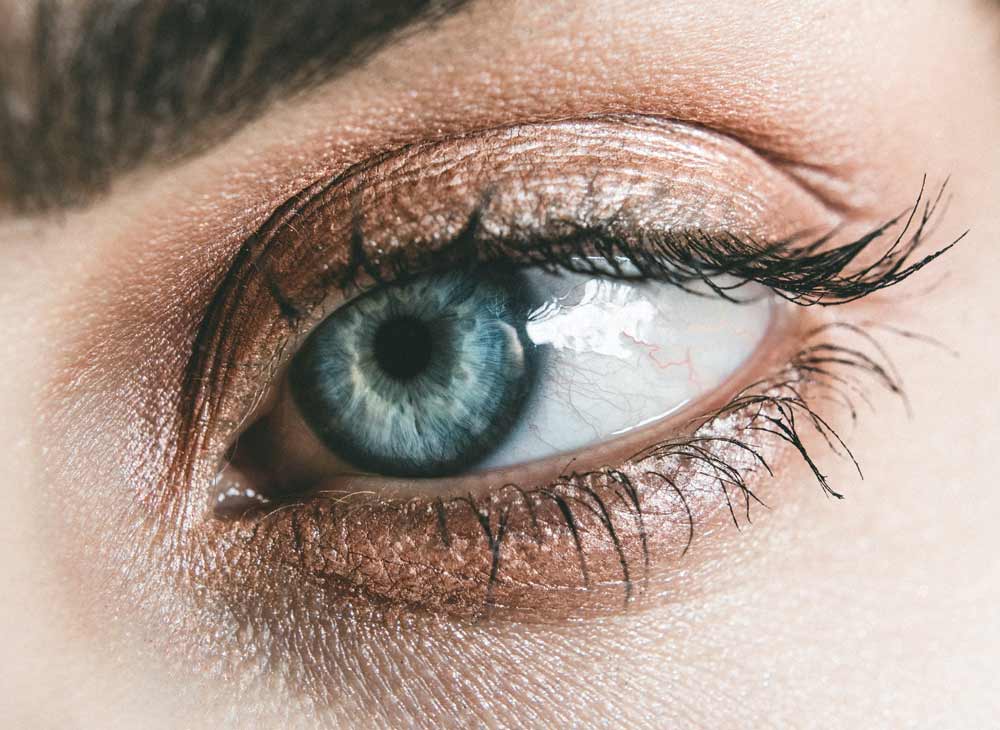
Emergency Eye Care
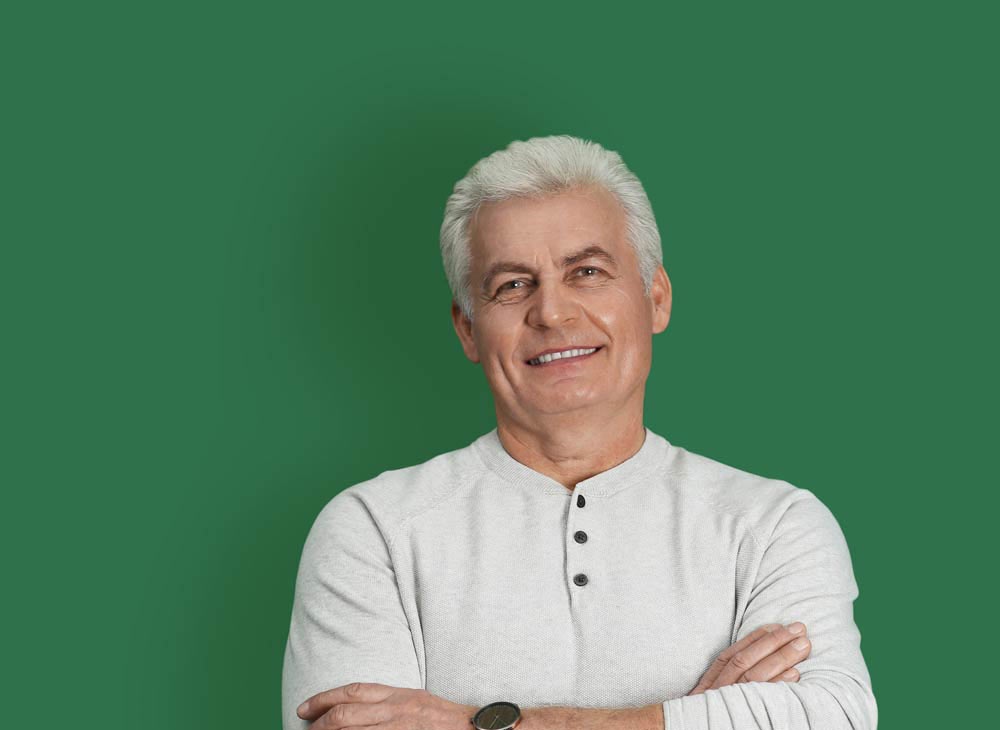
Cataract Co-management
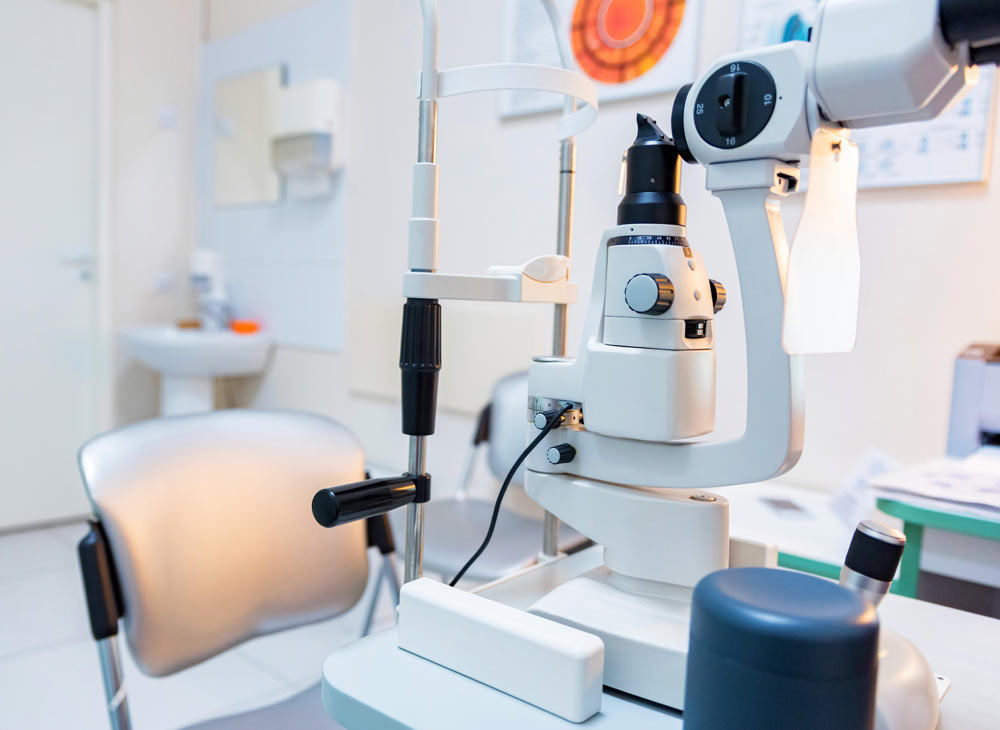
Technology
Dry Eye Center
Dry eye treatment in Baton Rouge, LA and Plaquemine, LA helps treat the underlying cause of the problem and alleviate discomfort. Give us a call to schedule an exam today!
Evaluation of Dry Eye
OptiLight by Lumenis
MiBo Thermoflo
LidPro
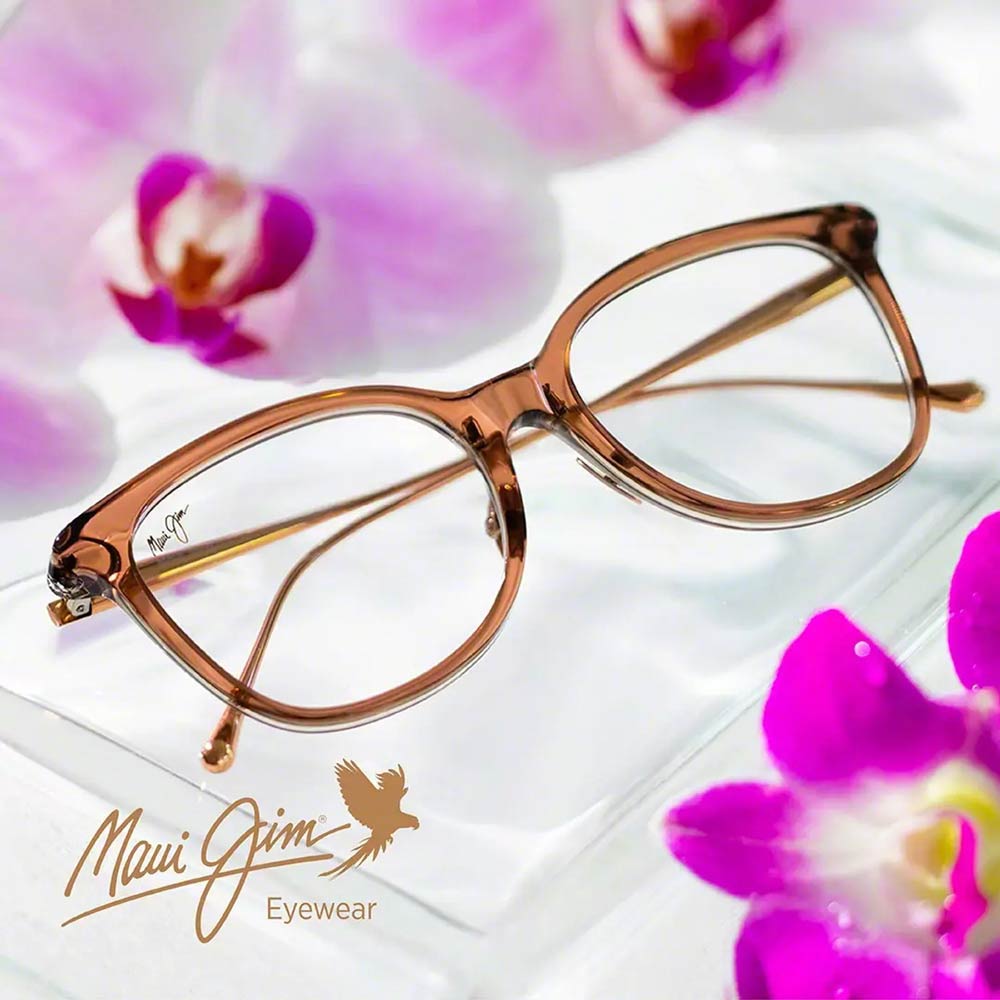
Eyeglasses
Wide selection of eyeglass frames & lenses.
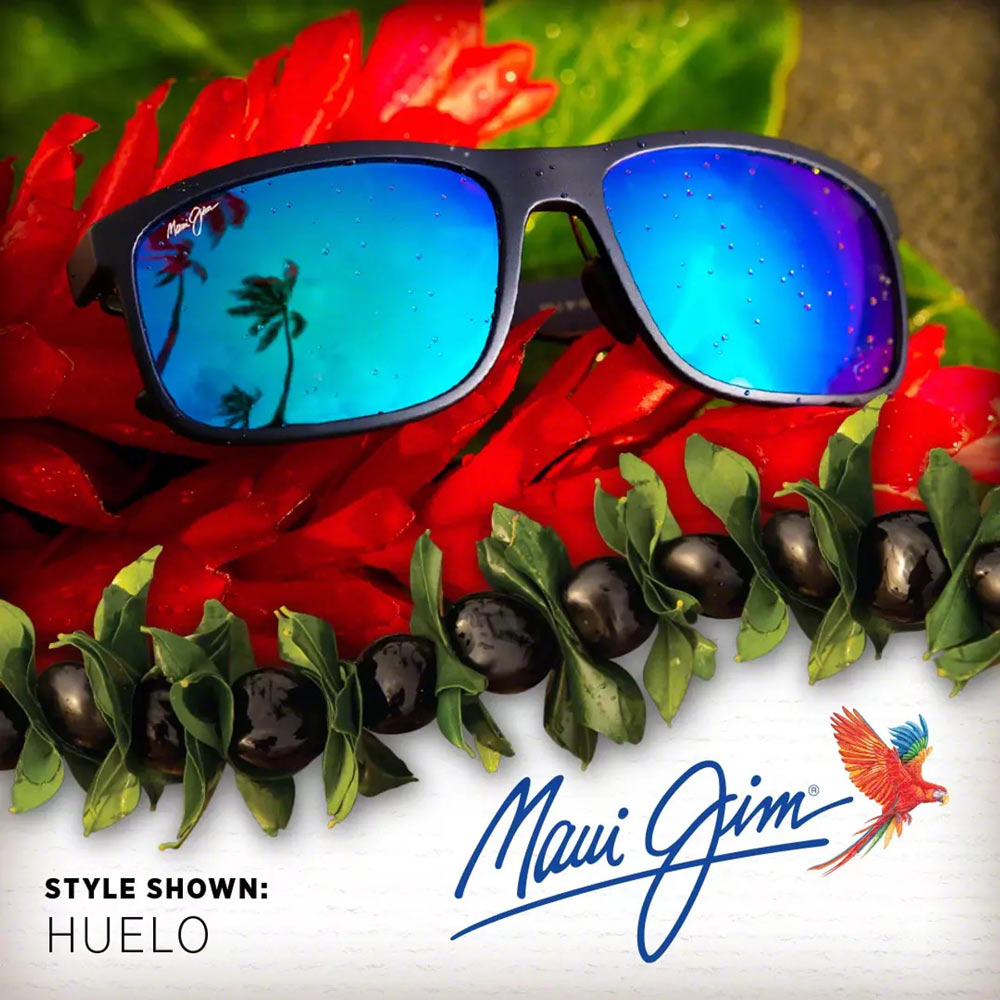
Sunglasses
Whether or not you need vision correction, sunglasses are important for everyone to wear.
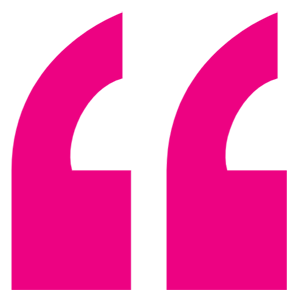
Wide selection of eyeglass frames & lenses
We are proud to offer a beautiful and stylish collection of eyeglass frames in our optical, including Gucci, Kate Spade, Etnia O. Barcelona, Tom Ford, Versace, and more! Our extensive collection of designer frames is updated regularly. Shopping for new eyeglasses can feel overwhelming, but our friendly, experienced opticians will work with you to select the right eyeglass frames and lenses for your visual needs, budget, and taste.
Sunglasses at Southern Eye Centers
At Southern Eye Centers in Baton Rouge and Plaquemine, LA we offer a wide selection of designer sunglasses for adults and children.
Whether or not you need vision correction, sunglasses are important for everyone to wear. Not only do they protect you from damaging UV rays, but they also allow you to see clearly when driving, playing sports, or engaging in any sort of outdoor activity. Our optician will listen to your preferences and recommend the best eyewear for your face shape, personal style, budget, and visual prescription needs.
